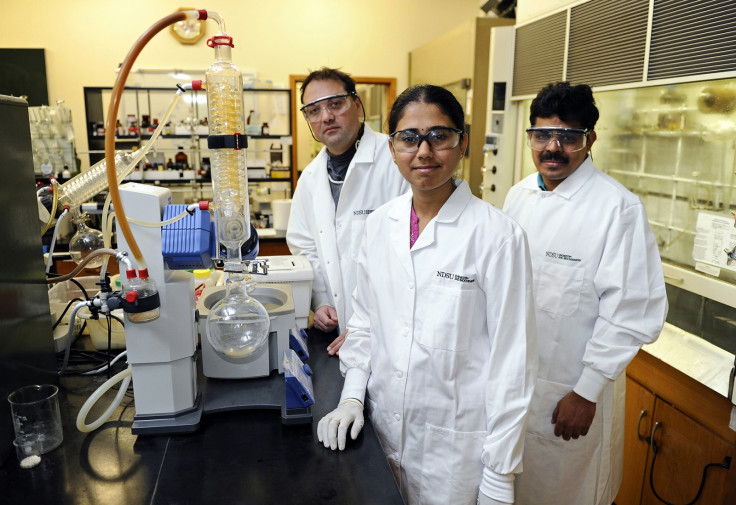Plastic Made From Biomass Degrades Back To Original Molecules After Use

Researchers at North Dakota State University have developed a way to build novel materials that can be degraded after use and turned back into molecules to make new material.
The group used fructose to create a molecular solution which was converted to a plastic (polymer).
By exposing the plastic to ultraviolet light of a certain wavelength for three hours, researchers degraded the plastic back to the soluble building block molecules from which it began.
"Real sustainability involves breaking it back into building blocks. We have shown that we can break it down into the building blocks and re-make the polymer," said Mukund Sibi, professor at the university.
The work has been published in Angewandte Chemie.
Biomass from agricultural crops, cellulose, lignin and sucrose were used to generate building blocks of molecules that are made into polymers to create plastics.
The method holds scientific promise in preparation of polymers and composites using biomass, which is a renewable resource.
"This cradle-to-cradle approach to create a plastic which can be degraded easily offers scientific potential for eventual products that could lessen dependence on fossil fuels and decrease the amount of raw materials needed," said Dean Webster, professor at NDSU's department of coatings and polymeric materials.
Plastics take hundreds of years to decay and remain in the soil or water, leaching chemicals into the environment. If burnt they release dioxins known to be toxic to man and environment.
Materials research has come up with stuff made up of living organisms that can repair themselves and fit in solar panel applications, computers and sensors.
Strong and recyclable plastics with desired properties have also been produced, as also self-healing plastics.
© Copyright IBTimes 2025. All rights reserved.





















